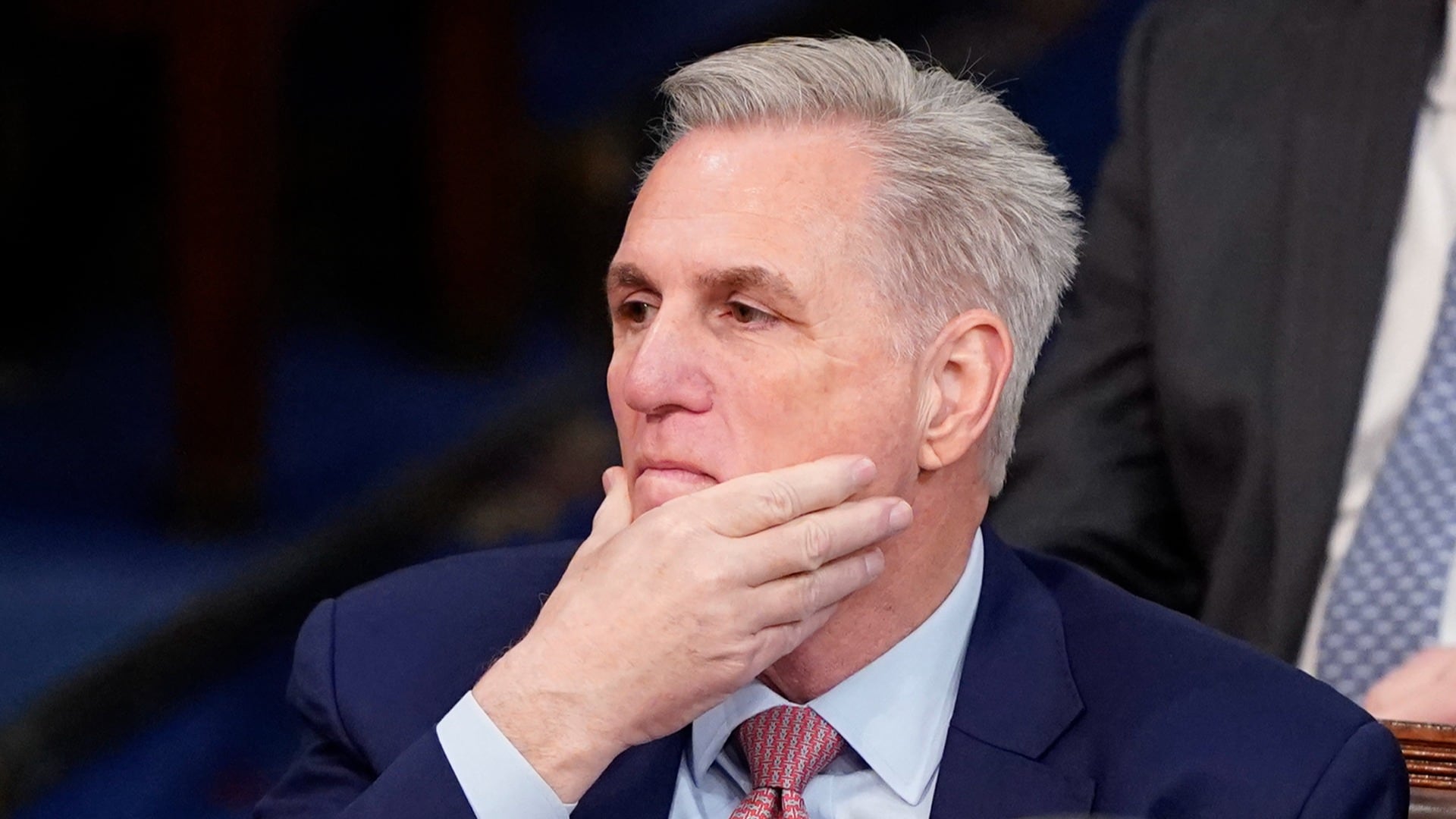Republican leader Kevin McCarthy failed to become House speaker in the first rounds of votes Tuesday, marking a historic defeat.
McCarthy, the first House speaker nominee in 100 years to fail in the first round, needed 218 votes to win the speakership position and secured just 203, with 19 Republicans voting against him. He failed again in the second and third rounds.
Republican Congressman Matt Gaetz from Florida has been one of the most vocal opponents of McCarthy, voting against him Tuesday.
"Those of us who will not be voting for Kevin McCarthy today take no joy in this discomfort that this moment has brought," Gaetz said Tuesday ahead of the votes. "If you want to drain the swamp you can’t put the biggest alligator in control of the exercise."
The House can’t swear in lawmakers, establish rules for the next two years, or pass new legislation, until a speaker is elected.
The last time a speaker election went to multiple ballots was in 1923. That year, it took nine rounds before a speaker was chosen.
McCarthy has vowed he would fight for the position as long as it takes.
"We may have a battle on the floor, but the battle is for the country and the conference and that’s fine with me," McCarthy told reporters Tuesday.









